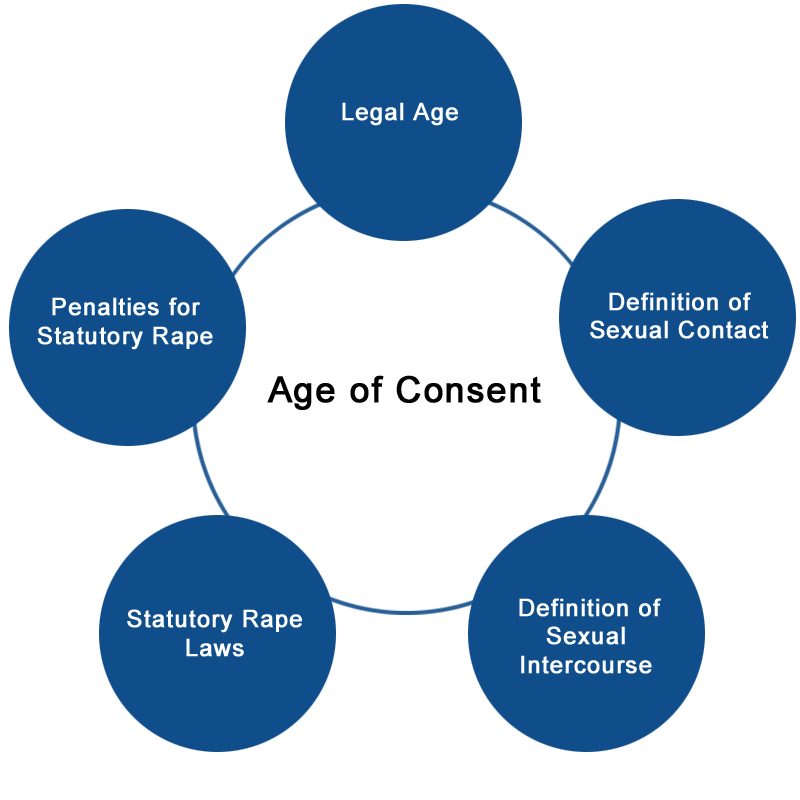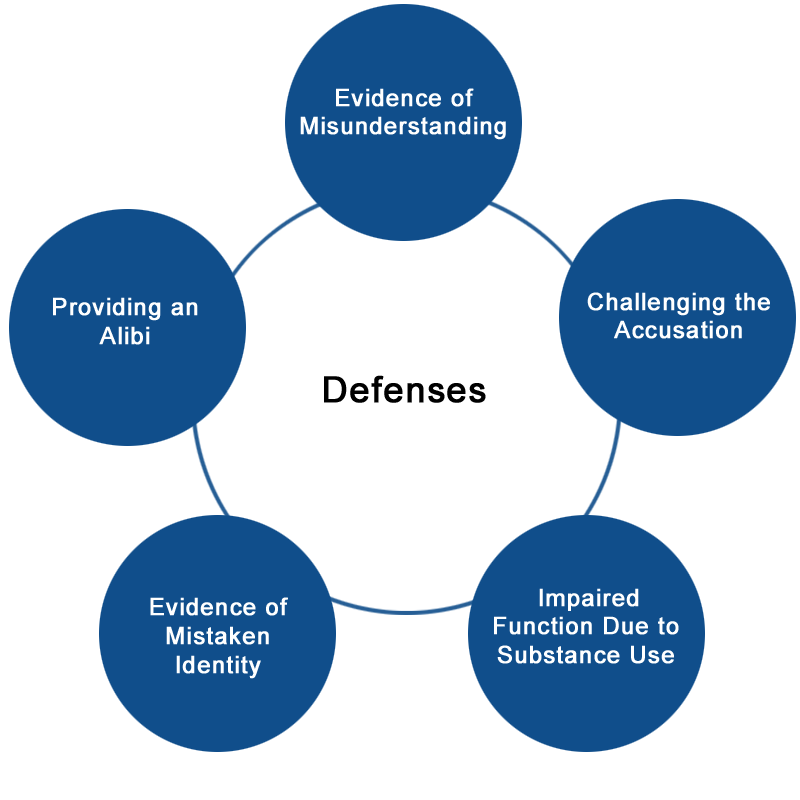Age of Consent in Wisconsin and Statutory Rape
 In the state of Wisconsin, several laws cover the acceptable legal age at which an individual can engage in sexual activity. At the heart of these laws are two distinct legal concepts: the age of consent and statutory rape.
In the state of Wisconsin, several laws cover the acceptable legal age at which an individual can engage in sexual activity. At the heart of these laws are two distinct legal concepts: the age of consent and statutory rape.
The age of consent describes the minimum age a person must be to legally be able to give their informed consent to participate in sexual acts. As a legal term, it implies that a person above a certain age has the ability to understand their actions, both the nature of those actions and their potential consequences.
Wisconsin law sets the age of consent at 18 years, at which time an individual is considered able to freely consent to sexual acts as long as they are free of influence from drugs and alcohol, and are mentally able to consent.
Under Wisconsin law, sexual contact differs from sexual intercourse due to the nature of the act itself. Sexual contact refers to contact with the intimate areas of another, specifically to incite arousal, whether above or below clothing. Sexual intercourse specifically refers to the penetration of private parts, fully or partially.
Those who engage in sexual acts with individuals below the age of consent have committed statutory rape, referred to in the Wisconsin code as “sexual assault of a child.” Designed to protect those below the age of consent from participating in acts they may not be fully capable of understanding, these laws make statutory rape a criminal offense, with potential penalties and jail sentencing varying based on the nature of the individual case and the age of the minor in question.
What are the Consequences of Statutory Rape?
It doesn’t matter if the minor claims to be of legal age or the alleged perpetrator believed they were, sexual activity with a person below age 18 will result in charges. Wisconsin law essentially breaks statutory rape down into three different categories based on the age of the victim.
- • 16-17 years: A class A misdemeanor, a conviction would carry fines of up to $10,000 and imprisonment of up to 9 months.
- • 14-15 years: A class C felony, a conviction would carry fines up to $100,000 or more plus imprisonment of up to 40 years.
- • 13 or younger: Even a charge of sexual contact with a child in this age range is considered a class B felony, with fines exceeding $100,000 and imprisonment of up to 60 years.
Of course, the specific details of each case including the age difference between the two parties will play a role in shaping the penalties one might face following a conviction. They can even lead to additional charges ranging from child enticement to sexual assault.
Beyond the consequences laid out above, Wisconsin law can require that those convicted be placed on the sex offender registry. Typically determined by the judge on a case-by-case basis, registration will carry a host of long-term impacts. Added to this are the long-term ramifications that come from a conviction including restrictions on your civil rights and freedoms, a permanent mark on your criminal record and stigma within the community.
 What are Some Defenses Against Statutory Rape Charges?
What are Some Defenses Against Statutory Rape Charges?
Statutory rape charges do not always lead to a conviction, and there are numerous ways to demonstrate a defendant’s innocence in a court of law. These include:
Evidence of Misunderstanding: Witness testimony or exculpatory evidence can be brought before the court to show that either the sexual activity in question never happened or that there was some mistake regarding its nature.
Challenging the Story: There are many reasons why an alleged victim may embellish or outright fabricate accusations of criminal sexual activity, from a personal grudge to fraudulent charges raised for blackmail purposes.
Impaired Function Through Drugs or Alcohol: Individuals who consume a sufficient amount of drugs or alcohol can effectively “blackout” which creates gaps in memory and cognition failures that cloud certainty about any events that transpired during the blackout. This differs from “passing out” in that the person can still engage with other people, but will be unable to recall doing so afterward.
Evidence of Mistaken Identity: Any uncertainty regarding the identity of the accused could cast doubt on the accused’s culpability in the sexual act in question.
Presenting an Alibi: Demonstrating that the accused was not present at the time or place of the event in question would cast serious doubts as to the involvement, potentially exonerating them.
Schedule a Confidential Legal Consultation
If you are being investigated for a sex crime or have been accused of statutory rape, investing in yourself is the smartest decision you can make. Allegations are not proof, and accusations do not mean you are guilty. Hiring a skilled attorney as soon as possible will help lay the groundwork for your defense, letting your side of the story be told and helping a judge or jury find your innocence.
At Tracey Woods and Association, we protect and empower you to ensure that you can live your life free of a permanent criminal record and jail time. That focus on your freedom has helped us establish a track record of successful outcomes for clients facing sex crimes. Read through our case wins, look up our positive online reviews, then fill out the form below to schedule a free, no-obligation consultation.
Call (608) 490-5779 or Schedule a Free Case Evaluation Online

